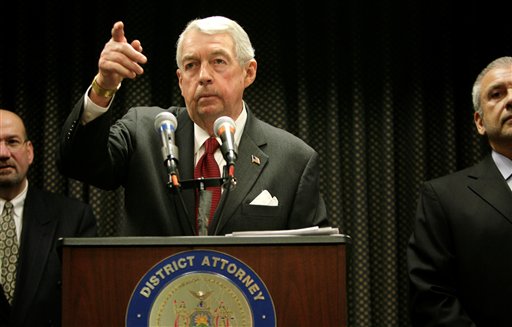ASK THE DA: How is law enforcement dealing with Medicaid fraud?

As a new retiree, I was particularly interested in a recent news story where you announced that indictment of a doctor who was charged with stealing hundreds of thousands of dollars from Medicaid and Medicare for services he did not render. Can you tell me what your office is doing to combat such criminal abuses of our healthcare system?
Medicaid is a government-subsidized benefit for those who cannot afford medical care. Medicaid fraud can be committed by either the provider who provides the medical services, or by the individual who receives the benefit, and intentionally misrepresents facts affecting their eligibility to receive Medicaid.
My office prosecutes Medicaid fraud cases in Brooklyn that are referred to us by the Human Resource Administration or reported by people such as you. Twelve years ago I created a Public Assistance Crimes Unit (PAC) to address Cash Assistance, Medicaid, Food Stamp and other related frauds which divert funds from the disadvantaged who are in need of these services. This group of dedicated, highly skilled attorneys also prosecute individuals engaged in Medicaid related black market prescription medication trafficking.
Several weeks ago I expanded this highly successful bureau with the help of city and federal resources in order to vigorously pursue these crimes which present a threat to the public health. Both Commissioner Doar of the New York City Human Resources Administration and U.S. Senator Charles Schumer have collaborated with me along with Loretta Lynch, United States attorney for the Eastern District; Kathleen Sebelius, the United States secretary of health and human services; and Bridget Brennan, the New York special narcotics prosecutor.
